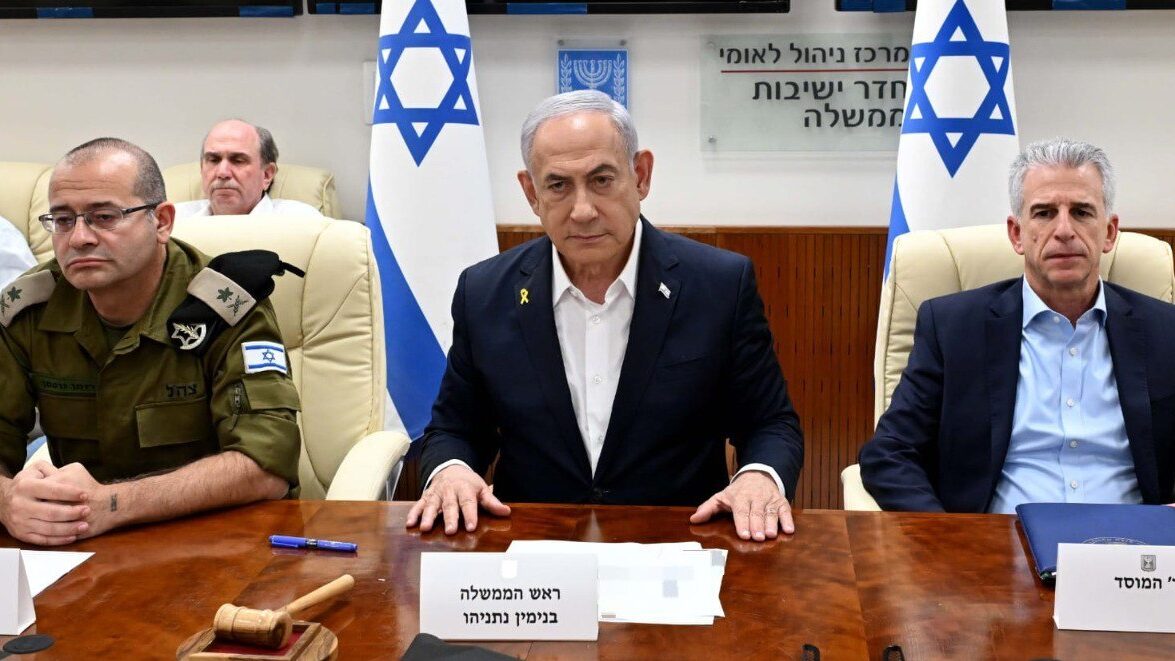US-Brokered Truce Between Israel and Hezbollah Gains Momentum
Israel has reportedly agreed in principle to a US-backed cease-fire with Hezbollah in Lebanon, as Prime Minister Benjamin Netanyahu held high-level consultations on Sunday to discuss the deal and strategize its public presentation. The agreement, brokered by US envoy Amos Hochstein, is intended to de-escalate months of violence and establish a framework for long-term stability along the Israel-Lebanon border.
The proposed deal includes a phased approach: an immediate truce, the withdrawal of forces north of the Litani River, and the Lebanese Army assuming control of southern Lebanon. The final stage involves Israeli and Lebanese negotiations on disputed border areas, overseen by an international body led by the US. Reports indicate that Israel has conveyed its approval of the plan’s core elements to Lebanon, though some details remain unresolved.
Give the gift of hope
We practice what we preach:
accurate, fearless journalism. But we can't do it alone.
- On the ground in Gaza, Syria, Israel, Egypt, Pakistan, and more
- Our program trained more than 100 journalists
- Calling out fake news and reporting real facts
- On the ground in Gaza, Syria, Israel, Egypt, Pakistan, and more
- Our program trained more than 100 journalists
- Calling out fake news and reporting real facts
Join us.
Support The Media Line. Save democracy.
Netanyahu is expected to frame the agreement as a strategic win, emphasizing its benefits for Israel rather than portraying it as a compromise. The deal also includes assurances from the US that Israel can respond militarily if Hezbollah violates the terms without action from Lebanon or international forces.
Sunday’s developments followed a warning from Hochstein that this was Israel’s last opportunity to finalize the agreement before US mediation efforts pause until President-elect Donald Trump takes office in January. Former US ambassador Dan Shapiro is set to arrive in Israel to help resolve remaining issues.
While talks progressed, Hezbollah ramped up its attacks, firing over 250 rockets and drones at northern and central Israel on Sunday. The strikes injured several civilians and caused widespread damage, including to homes in Petah Tikva and Rinatya. Israeli officials believe the escalation is an attempt by Hezbollah to assert its capabilities and deter further Israeli strikes on Beirut.
In response, the Israeli Air Force carried out extensive strikes on Hezbollah positions in Lebanon, including in Beirut’s southern suburbs and along the Syrian-Lebanese border. The IDF also issued evacuation warnings for targeted areas in Beirut.



